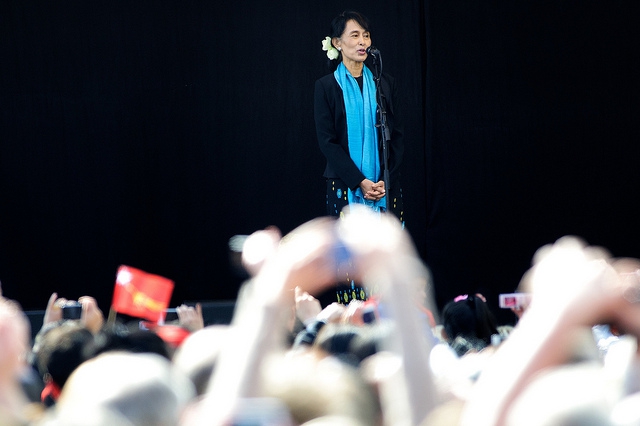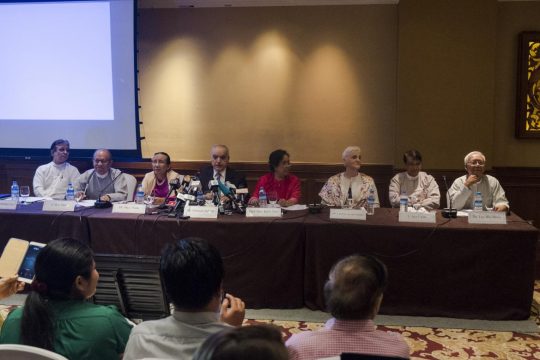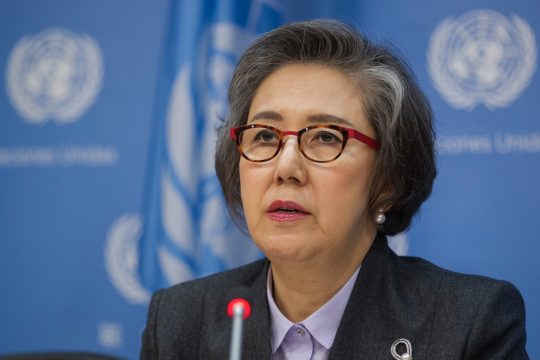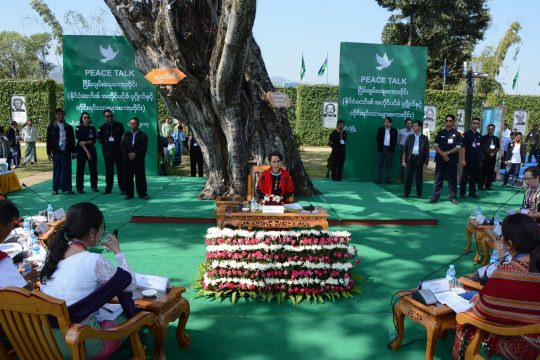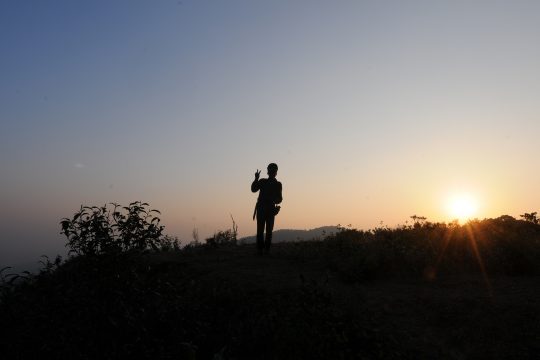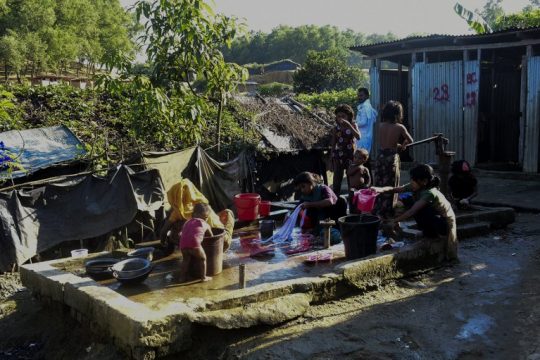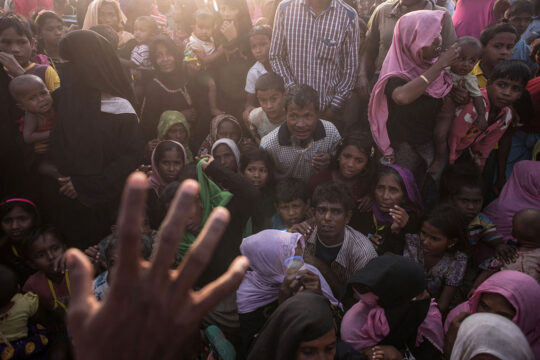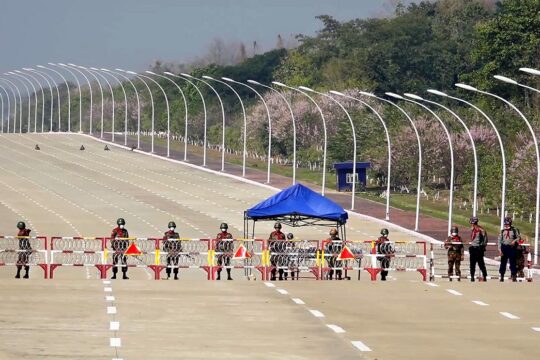In Myanmar, the start of a democratic transition in 2010 and the arrival in power of Aung San Suu Kyi’s National League for Democracy party in early 2016 raised much hope. But the military still holds considerable power. Conflicts in the country are continuing and even escalating. The army is accused of gross human rights abuses, notably against the minority Rohingya population in Rakhine State, and the UN has pledged an international fact-finding mission, from which the government has distanced itself. So what are the current hopes for peace and justice in Myanmar? JusticeInfo spoke to Doctor Ashley South, a research professor at Chiang Mai University, Thailand (home to many refugees from Myanmar) and an expert on ethnic politics in Myanmar.
JusticeInfo: Why do you think Nobel Peace Prize winner Aung San Suu Kyi has been able to do so little so far to bring peace to Myanmar?
Ashley South: I suppose it depends on what one assumes her objectives were. I don’t think there was a great deal of expectation that she would address, for example, the problem of intercommunal conflict and the plight of the Rohingyas. And I suppose in terms of the peace process it is difficult because she inherited a peace process that was started by the previous government and that she had previously shown very little interest in. And of course she also has limited control over the Myanmar army.
Do you think she is a hostage of the military?
I don’t think she’s a hostage of the military, but she’s clearly working out a complex and changing power relationship with them, so she has limited room for manoeuvre. The military are so well positioned that things are pretty much going their way. They would not necessarily need to launch a coup because they are pretty much in control of the levers of power anyway. The military still hold key positions in government and the army is not under the control of the civilian government.
Apparently Suu Kyi’s office has agreed to the proposals of the Annan interim report on Rakhine, including bringing perpetrators of human rights abuses to justice. Do you think that will be possible, given that most of the allegations, such as rape and extra-judicial killings, are against the security forces?
That is a challenge, for sure. There have been a couple of occasions where the Myanmar military has been willing to allow relatively low-ranking soldiers to stand trial in Myanmar courts. For example, there was an incident last year in Shan State. So it’s not impossible, but it would be very challenging, and it depends what kind of jurisdiction is being invoked.
There is also the issue of perceived international interference. The government is apparently saying that it will go along with the proposals of the Annan commission, but at the same time it has distanced itself from any idea of a UN probe in Rakhine State. Why do you think that is?
Well, I guess the Annan Commission was convened at the request of Aung San Suu Kyi. It’s led by a foreigner and has some foreign expertise, but it is seen as something that was initiated by the government. I suppose that would be the difference. On the Annan Commission, I think it was very much at her repeated request that Kofi Annan agreed to take on the role. So that is obviously very different from if it was an internationally convened Commission of Inquiry.
There has been talk of a new round of Panglong peace talks for Myanmar (editor’s note: the first, historic Panglong conference took place in 1947 in the run-up to independence, and this would be the second round of the “21st century Panglong” conference). But it seems no date has been set yet?
Originally of course it was supposed to be in February, which would have been the 70th anniversary of the original Panglong conference, which was the most important one historically. And having missed that, I guess the date is a bit arbitrary. They are talking about April or May now. I want to see what comes out of Congress, which should conclude in the next couple of weeks, and of course there is quite a lot of speculation, even expectation, that two of the non-signatory groups (to the Nationwide Ceasefire Agreement) might sign. I imagine that they will wait to see how that plays out.
So if and when the peace conference convenes again, what prospects do you think there are for significant moves towards a comprehensive peace?
It depends on your definition of comprehensive peace. I think something that addresses the concerns of nationalities is going to take a long series of negotiations. There is a need for widespread participation on the part of very diverse communities. I think political dialogue can contribute to that, but it will take more than just the Panglong conference.
Do you think that people in Myanmar are ready for some form of transitional justice?
It’s a good question and I think it depends who you talk to. It is difficult to generalize. I certainly think there is a striking lack of discussion on transitional justice. That is because of previous experiences in Myanmar, when around 1988-89 there was talk of holding the military to account and the transition was aborted by the military. How much demand there is, it’s hard to say, but there are certainly many traumatized individuals, families and communities who have suffered greatly. I am sure that among these diverse communities there is strong demand, but it is hard to say how widespread that is.




